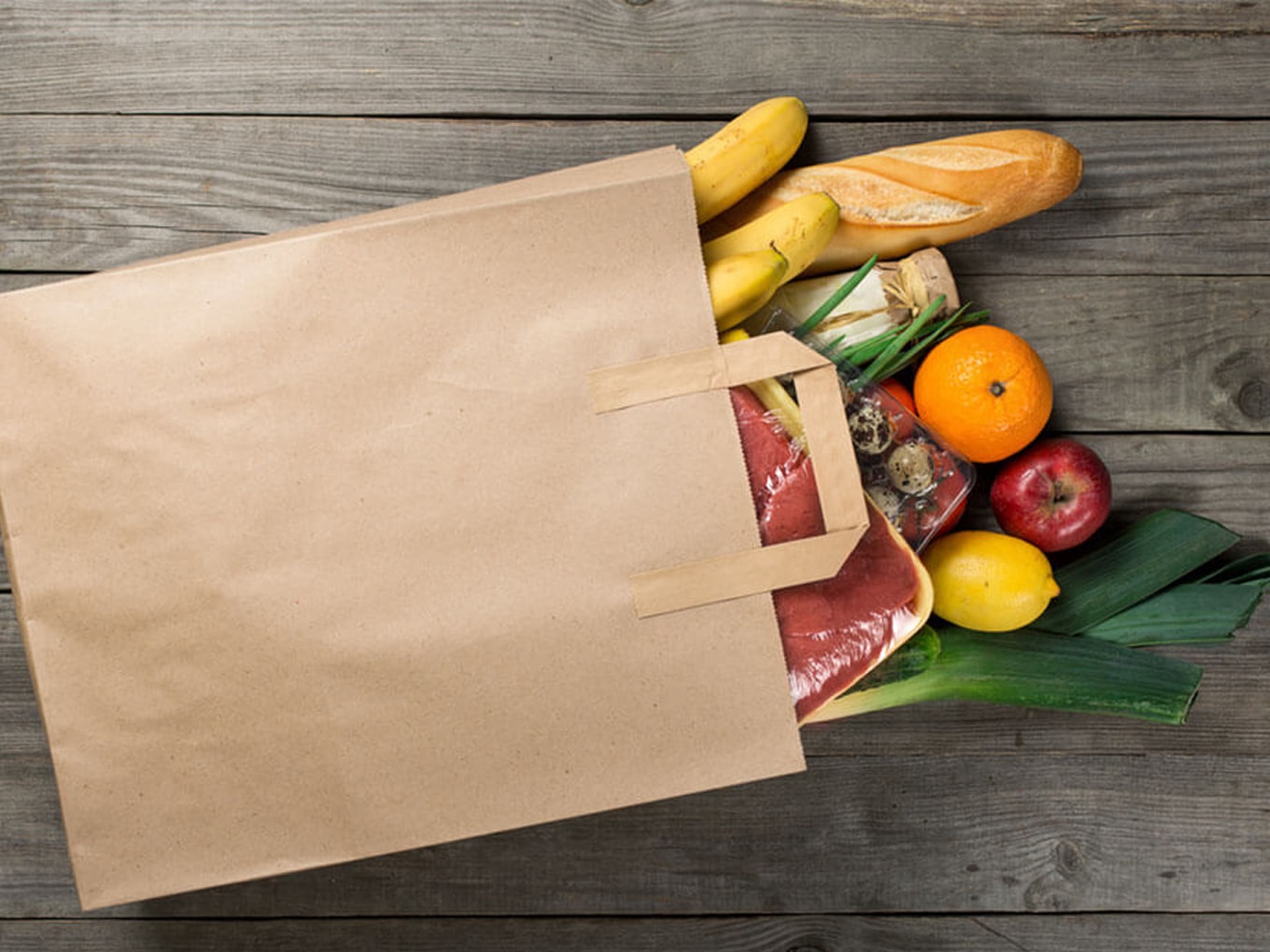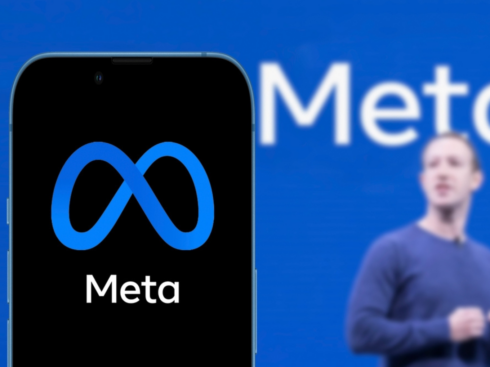
SUMMARY
• Grofers rolled back its fresh products services in several cities, including Bengaluru
• The company believes that private labels can help improve margins, but it’s not the only way to reach profitability
• Grofers last raised $61.6 Mn from SoftBank
Gurugram-based online grocery startup Grofers has shifted its focus from the sale of fresh products to private label offerings.
The company has rolled back its fresh products services in several cities, including Bengaluru, as the company has been trying to optimise its business model over the last few years.
Albinder Dhindsa, CEO, Grofers, said, “Fresh products form 2% of the company’s overall revenues. We will probably come back with it (fresh products) in a few months but for now, we need space for our growing private label business.”
With a foray into the FMCG segment, the company has launched seven new brands under two categories – Budget and Popular G-Brands.
With this, Grofers’ private labels expands to 250 food and non-food products for its consumers. The Popular G-Brands category offers premium quality products under brands including ‘G Mother’s Choice’, ‘G Happy Day’ and ‘G Happy Home’. Labelled under the Budget category, the brands include ‘HaveMore’ and ‘SaveMore’ to cater to price-sensitive consumers by offering entry-level quality products.
Saurabh Kumar, Founder, Grofers, said, “Grofers’ market disruption game plan includes providing great quality products at the lowest possible prices. Towards this, our private labels under the two new categories allow us to offer high-quality products at various price points to serve the varied needs of our customers. We are taking our promise of Everyday Low Prices (EDLP), which remains unchallenged, to a whole new level through this move.
The company now aims to drive the next wave of growth for ecommerce sector by bringing the next 100 Mn customers to its platform. The brand is bullish on growth with a revenue target of INR 2500 Cr and roll out of more than 500 SKUs for FY 2019.
The company closed FY 2018 with INR 950 Cr of sales and is targeting for a stronger growth trajectory in 2019, with a 50% contribution from its private brands.
In March, Grofers raised $61.6 Mn (INR 400 Cr) in a round of funding led by SoftBank for a 35%-40% stake.
At the time, it was reported that the company has shut down its operations in several cities and changed its business model. Grofers is now focused on establishing its foothold in Delhi/NCR by investing in its supply chain and technology. However, the company claims to be profitable in Delhi on a per-order basis.
Private Labels For Profitability?
A report by Kalagato revealed that as of March 2017, BigBasket held about 35% market share in the online grocery segment, closely followed by Grofers at 31.5%, and Amazon at 31.2%.
Dhindsa said, “Private labels can help improve margins, but it’s not the only way to reach profitability. It comes from having good cost control and discipline.”
Fresh products are a game-changing formula in the online grocery delivery segment, and even established players such as Amazon, Paytm, and Flipkart have been trying to introduce fresh products on their hyperlocal delivery platforms.
Meanwhile, private labels have been gaining traction with several deep-pocketed players recognising their potential and introducing their own labels to establish their clientele.
In the online grocery report by consulting firm Praxis Global Alliance, it was suggested that fresh food has the lowest margins in this sector at 7%. But it can go as high as 30% if sourced directly from farmers and sold under the company’s private label.
At present, market leader BigBasket owns private labels such as Fresho for vegetables and idli and dosa batter; Royal and Popular for staples; Tasties for snacks etc. It also plans to venture into the meat, milk, and beauty businesses.
Morgan Stanley expects the online food and grocery segment to become the fastest-growing segments, expanding at a compounded annual growth rate (CAGR) of 141% by 2020 and contributing $15 Bn, or 12.5%, of overall online retail sales.


























